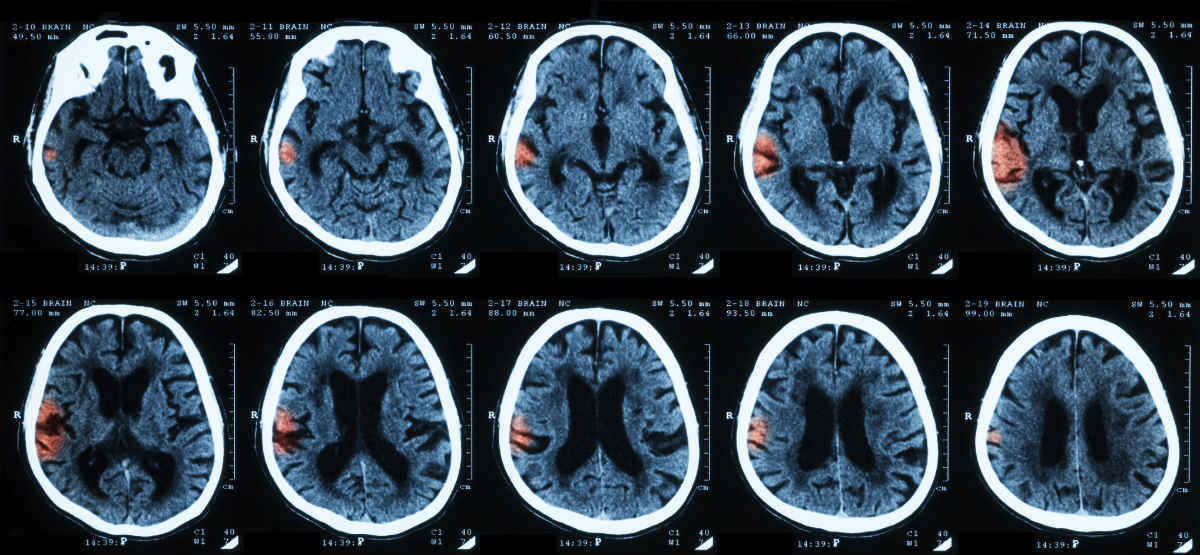Intracranial injuries refer to an injury within the cranium, the part of the skull that encloses the brain. This is the area located within or on the surface of the brain.

Intracranial injury is often referred to as traumatic brain injury. All intracranial injuries are treated as head injuries, although head injuries may also refer to injuries to other parts of the head.
Intracranial injury generally occurs when an external mechanical force causes damage to the brain. The mechanical force can come from rapid acceleration, deceleration, penetration by an object or projectile, blast waves, and other things. An intracranial injury can temporarily or permanently impair brain functionality. The structural damage caused by trauma may or may not be detectable using imaging techniques.
At the workplace, an intracranial injury could be a result of an accident such as fall, vehicle crash, explosion, hit by an object, or workplace violence. Intracranial is a sub heading listed under the traumatic injuries and disorders, which refers to the injuries that occur to a worker and are emotionally disturbing and disconcerting. An intracranial injury can leave the worker totally traumatized and disconcerted. It can have a huge emotional and mental impact on a worker. They may have to live with the emotional scars of the traumatic workplace accident for years.
Occupations That Have a High Risk for Intracranial Injuries
While an intracranial injury can occur in any kind of workplace, it is more commonly reported in some occupations than others. Here are some types of jobs that have a high risk for intracranial injuries:
- Police and security
- Mechanics and service
- Mining
- Factory and assembly line
- Construction
- Plant and manufacturing
- Transportation and delivery
- Oil and gas
Due to the nature of work involved and working conditions, workers at these jobs are more prone to accidents that can lead to intracranial injuries and other types of traumatic brain injuries.
Symptoms of an Intracranial Injury
Like any other head injuries, intracranial injuries too are serious and require urgent medical intervention. In medical terms, intracranial injuries are typically categorized as mild, moderate, and severe. Some common symptoms that an injured worker may experience after an intracranial injury include:
- Convulsions
- Headache
- Dizziness
- Lightheadedness
- Difficulty balancing
- Behavioral or mood changes
- Memory, cognitive, concentration and attention problems
- Weakness on one side of the body
- Paralysis
If a worker shows any of these signs or symptoms after a workplace injury, chances are that they have suffered a traumatic brain injury. In this case, you should immediately call for medical help as any delay in treatment can make matters worse.
Workers Compensation for Intracranial Injury
If you have suffered a intracranial injury at the workplace you are likely entitled to workers compensation benefits as long as the injury occurred in the course and scope of your employment. Speak with an experienced workers compensation attorney at the Law Office of James Hoffmann today to ensure that your rights are protected from the moment you are injured. We can provide you with free legal advice that will greatly benefit your claim. Schedule a free consultation today by calling (314) 361-4300.
